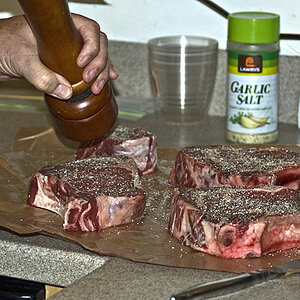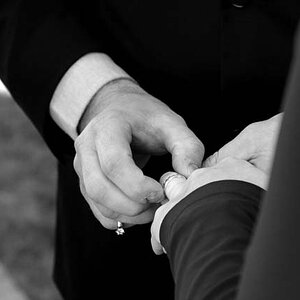OrionsByte
No longer a newbie, moving up!
- Joined
- Jul 6, 2010
- Messages
- 1,500
- Reaction score
- 261
- Location
- N. California
- Can others edit my Photos
- Photos OK to edit
Well my wife and I went on a drive yesterday to take some photos, and thogh I didn't end up with anything I was crazy about, there were a few I figured I could play with and see if I could come up with something interesting.
At least that's what I thought until I actually downloaded them to my computer today. That's when I realized that I had been playing with the ISO settings the other day and never changed it back from 1600 (which is the max setting on my Nikon D70). The pictures are so ridiculously noisy that they're completely unusable.
I don't know why I have so much trouble remembering to double-check all my settings before going out to shoot, and for that matter I don't know why I insist on messing with settings on the camera when I'm not out shooting. I guess I'll chalk it up as a learning experience and see if I can actually learn something from in this time... LOL.
At least that's what I thought until I actually downloaded them to my computer today. That's when I realized that I had been playing with the ISO settings the other day and never changed it back from 1600 (which is the max setting on my Nikon D70). The pictures are so ridiculously noisy that they're completely unusable.
I don't know why I have so much trouble remembering to double-check all my settings before going out to shoot, and for that matter I don't know why I insist on messing with settings on the camera when I'm not out shooting. I guess I'll chalk it up as a learning experience and see if I can actually learn something from in this time... LOL.



![[No title]](/data/xfmg/thumbnail/32/32698-38e2346942223e17b43fb958f66064c1.jpg?1619735601)

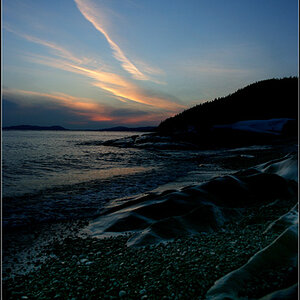
![[No title]](/data/xfmg/thumbnail/37/37606-3c9ffb5906173fa2aa489341967e1468.jpg?1619738148)

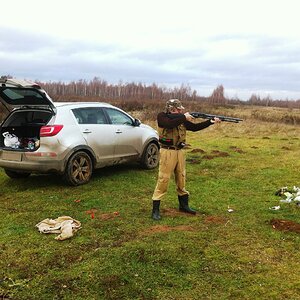
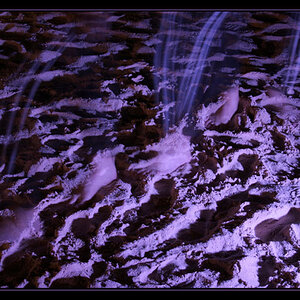
![[No title]](/data/xfmg/thumbnail/37/37602-1ef8dbb1c2d0e4ff347ee65d328c3603.jpg?1619738147)
